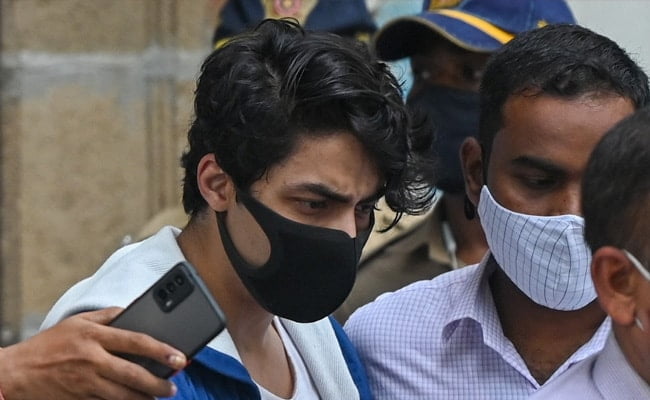Aryan Khan & Junk Food Journalism

So, it’s out. There was no case against Aryan Khan. No incriminating substance was recovered from him and he hadn’t consumed any during the NCB raid last year. He was not part of any conspiracy to smuggle drugs to cruise ship Cordelia. He was not part of any international drug network either. The facts were clear as daylight long before the young man got a clean chit from the Narcotics Control Bureau a couple of days ago. There was never ‘proof against him beyond reasonable doubt’ as the SIT would observe. Yet he spent close to four weeks in jail, all the while at the centre of a vituperative media debate bent on character assassination.
Sounds like an old script playing out again? Yes, if you remember the media tamasha over Rhea Chakraborty in the actor Sushant Singh suicide case. Back then too, there was no incriminating evidence against her, nothing even remotely to connect her to the death of the actor. There were dodgy witnesses, dubious sources, pointless WhatsApp chats and official agencies leaking information to the media liberally. Television media, led by the usual suspects, spewed venom against the actress to perfectly synchronised hate-mongering by social media executioners. They sought to turn the public into hounds baying for blood. Nothing short of the cruellest punishment would do. There was a collective victory cry as she spent days in jail.
A couple of years down the line not much has happened in the case. Her case in the drugs charges was not much different from that of Aryan – in fact, her lawyer wants NCB to re-investigate the matter. There were procedural lapses and malicious reports to feed the media frenzy. There was more noise than news and more fantasy than facts.
What are we getting at? Well, we have not heard the word ‘sorry’ from those ‘respectable’ media players yet. They should be apologising to the victims – Aryan and Rhea in the above cases – and us, the consumers of their content, for telling us lies, selling us patently mischievous narratives, and generally, trying to deceive us through gutter journalism. They were not only destroying the public image of a person but also misinforming us deliberately in gross insult to our trust in them. Of course, a public apology is so alien to our journalism that we know it is too much to expect. Defamation suits in courts as a preventive or remedial measure are not vogue in the country, particularly in the case of private individuals. So we don’t hear of a victim of a media witch hunt seeking huge compensation for reputational damage. The media, thus, can do whatever they want to your social image or standing. After Aryan, rest assured, there won’t be any let-up or regret in witch-hunting. They will find someone else to pillory, and again go scotfree.
Is there something more to the sense of impunity other than the weakness of a legal solution to defamation? There is, and it involves us all. It is our lack of basic education in the law and legal processes to some extent, but to a greater degree, it’s the absence of moral qualms with which we accept untruth and vicious propaganda. We would suspend disbelief and commonsense to savour lies. In the case of Aryan, no seizure was made and there was no evidence of consumption – no medical test was conducted to ascertain it. There was no videographing of the detention of the Aryan and six others, mandatory in such cases. By now, many know WhatsApp chats have little evidentiary value without concrete corroborative evidence to support them. But media, both mainstream and social, would happily go to town with whatever they could sensationalise. Interestingly, the chats were with the media even before they made it to the chargesheet. Surely, the official concerned should be facing the questions for these lapses. None was asked, and nobody was bothered.
Because nobody wanted the truth, neither in Rhea’s case nor that of Aryan. What they sought was good entertainment. The media were doling that out in liberal quantity, primetime after primetime. The German word schadenfreude means deriving pleasure out of the misfortune of others. It’s a trait, psychologists say, ingrained in humans through the process of evolution. Sections of the media have realised this can be milked for rating points, eyeballs and finally, revenue. Ethics of journalism be damned. Morality can go to hell. If it looks like an arrangement between junk food sellers and buyers, it actually is.
Nobody should complain, right? But the problem is news was never supposed to be junk food and journalists its vendors.

Comments are closed.